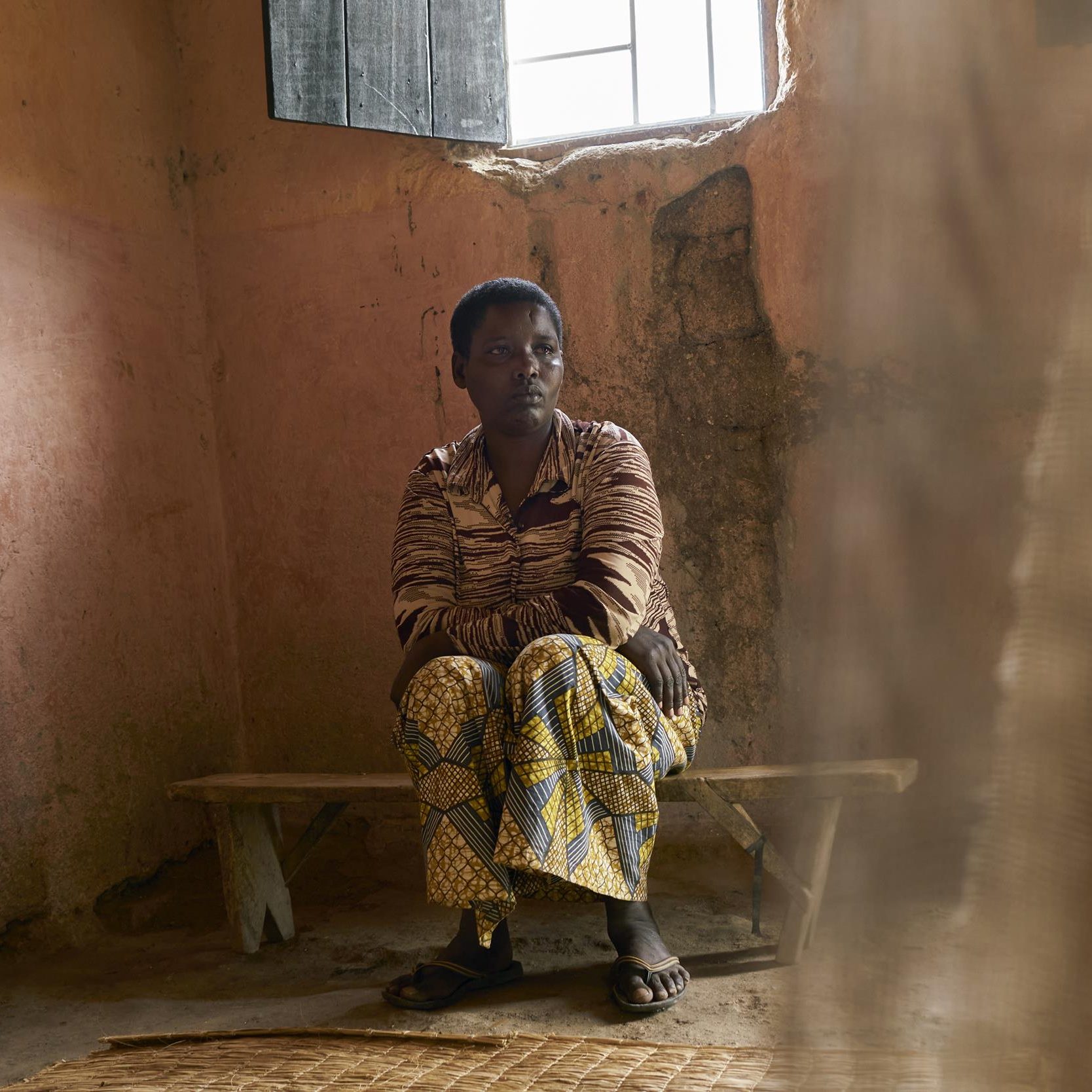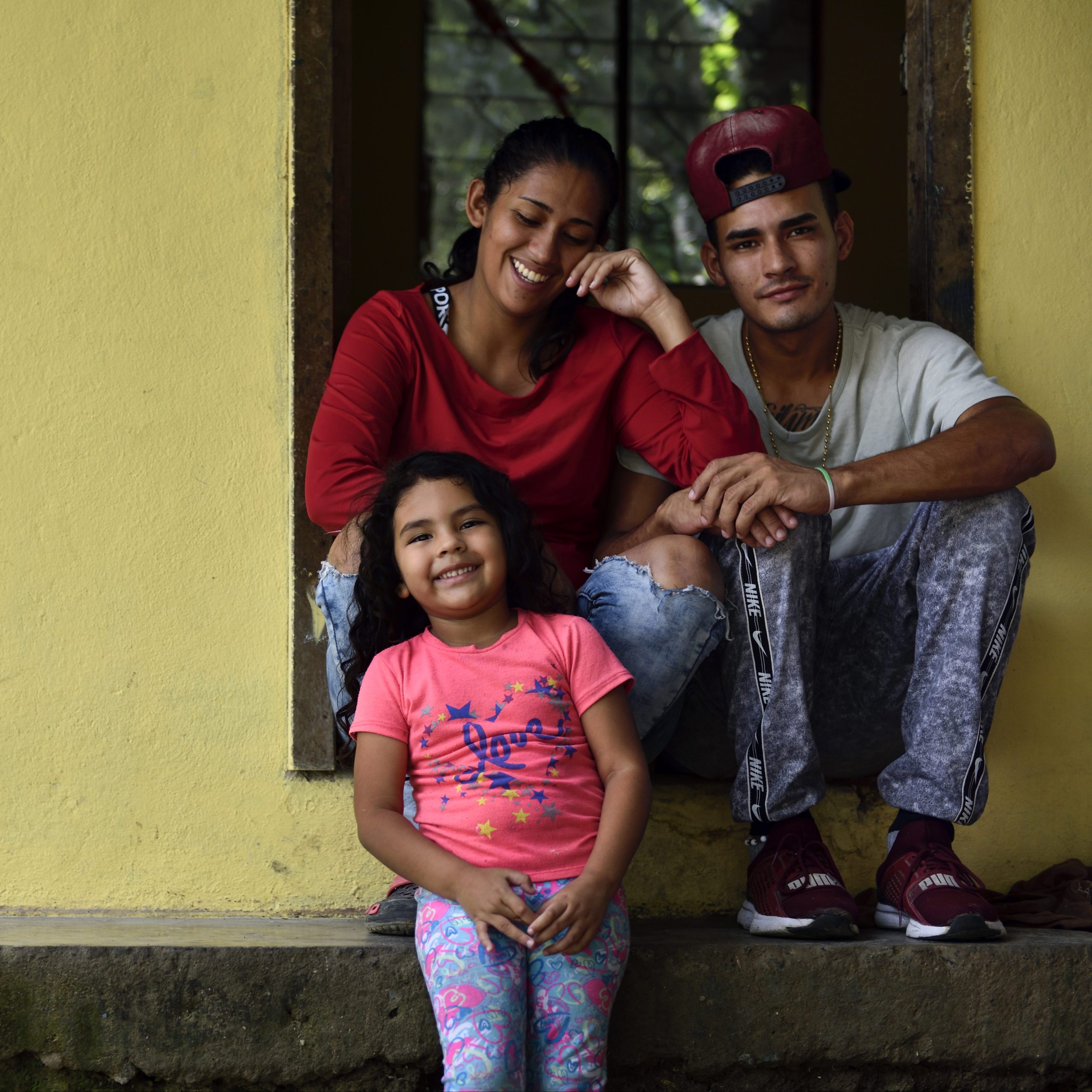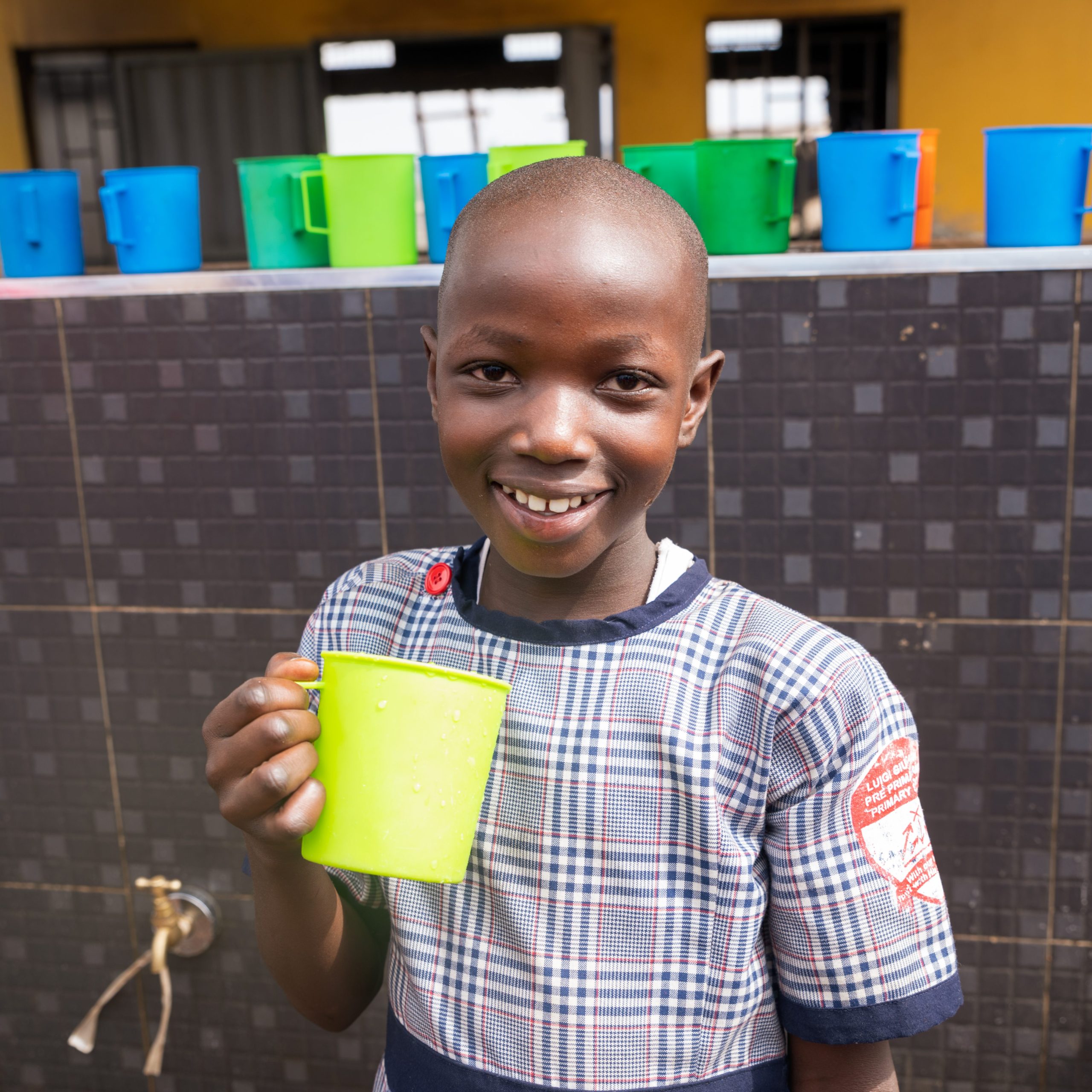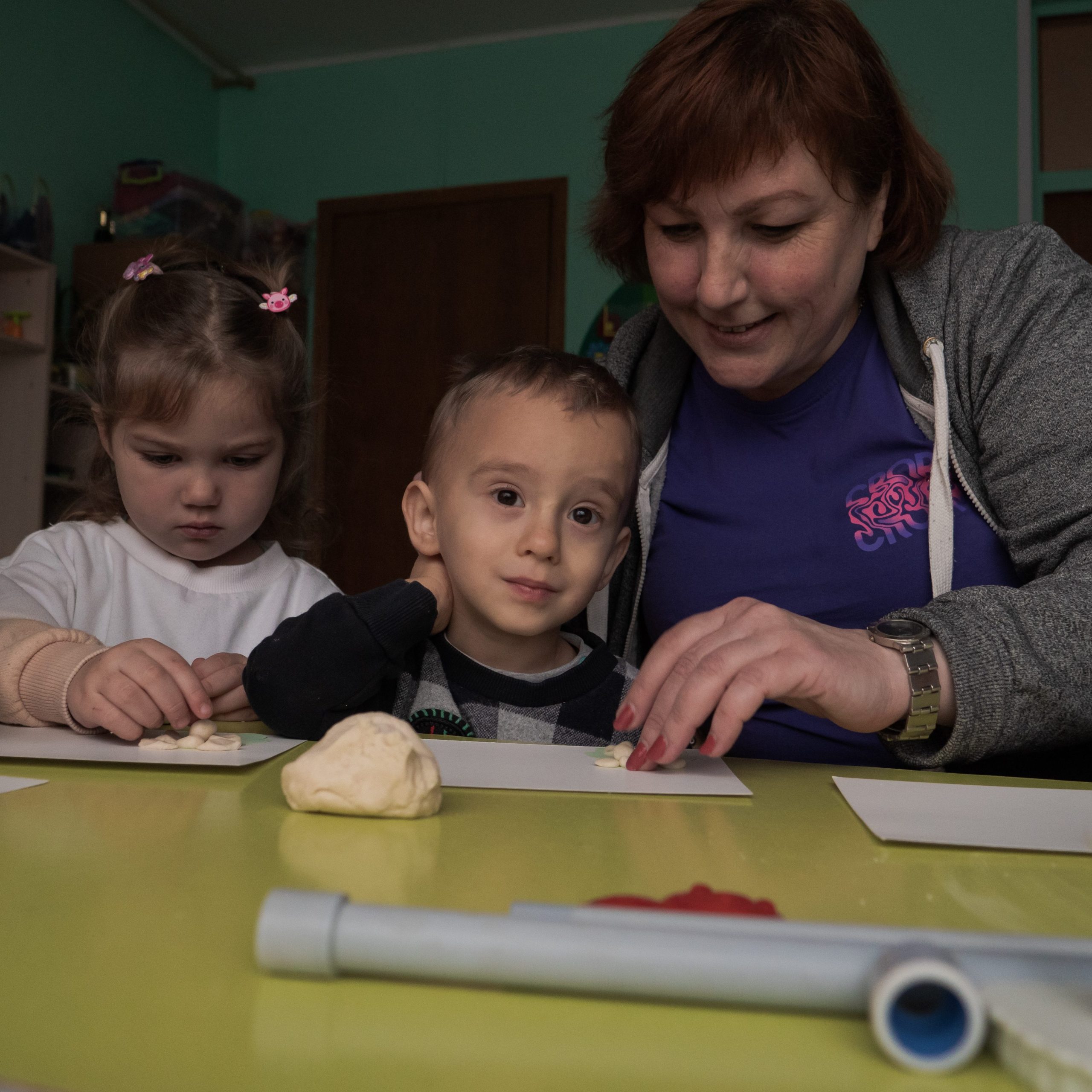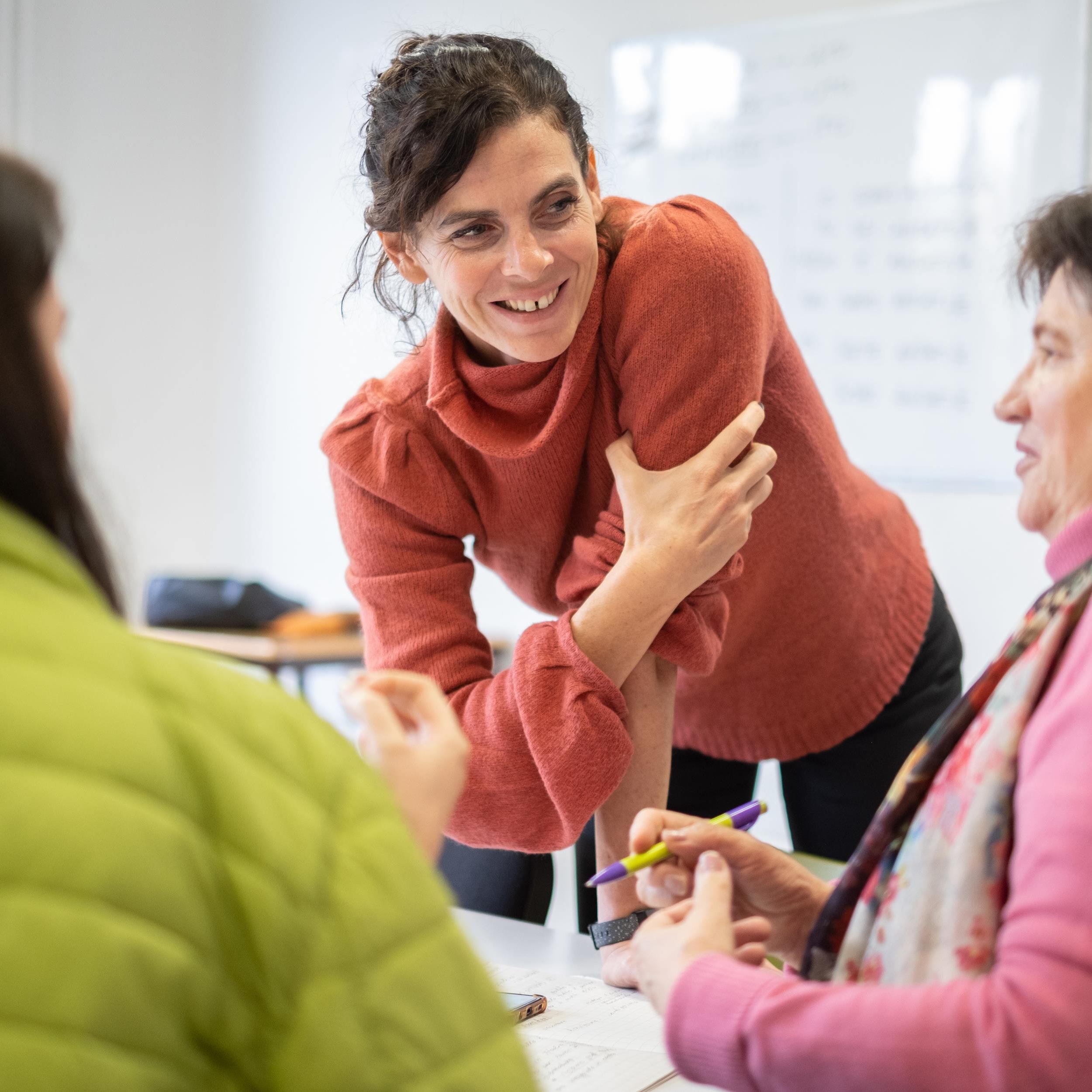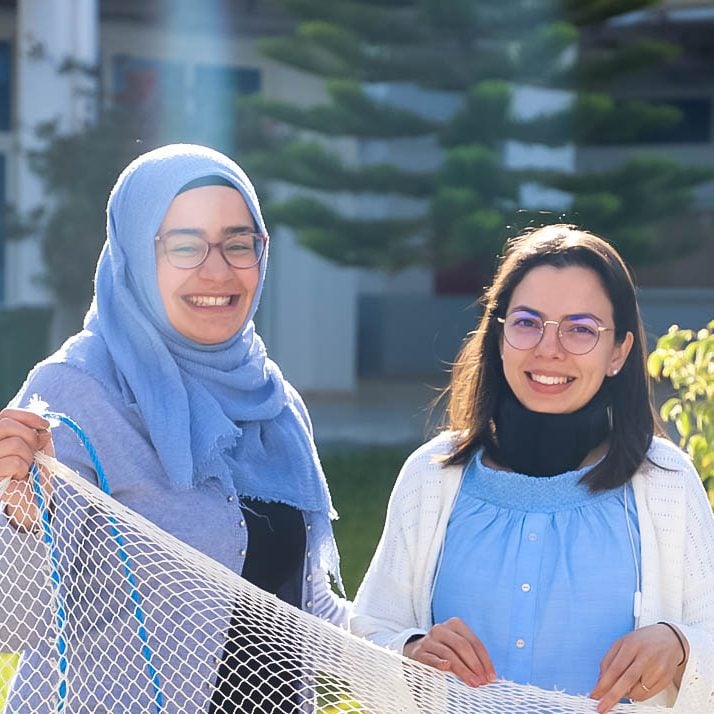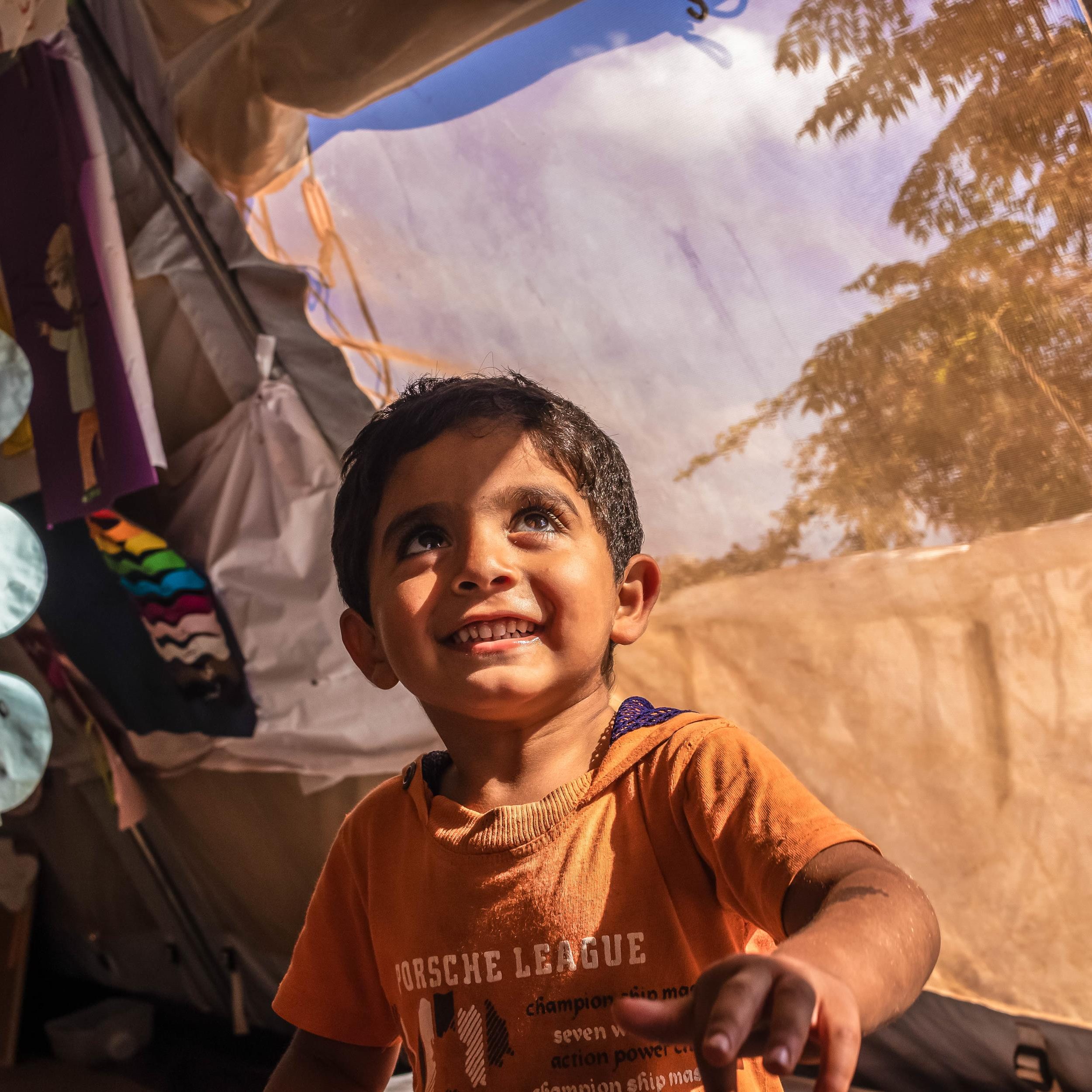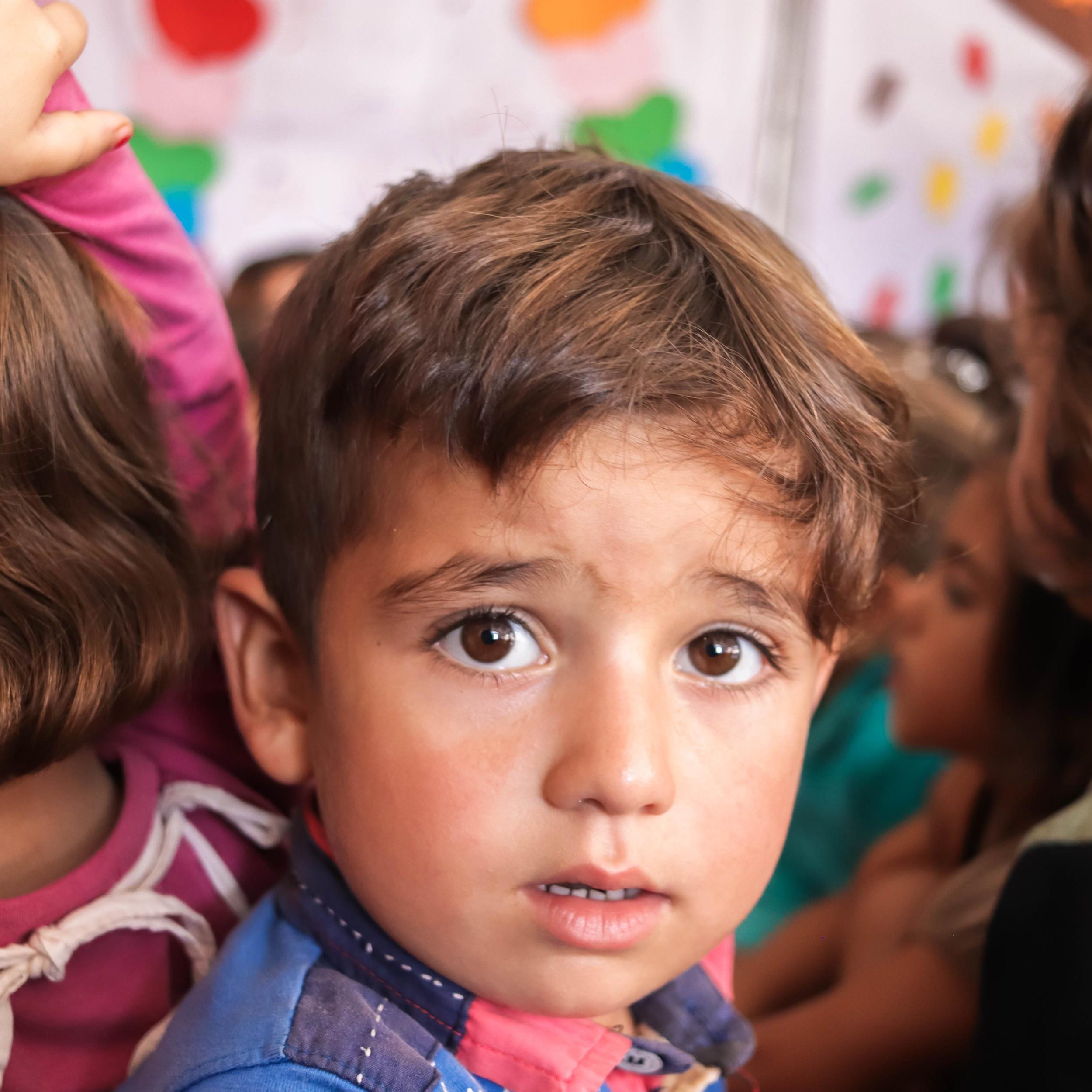Cultural beliefs and stigma, as well as untreated mental health issues, have contributed to the suffering of many people in Rwanda.
Thanks to the CARE project run by AVSI in partnership with Fondation d’Harcourt a community-based approach strengthens the resilience of people living with mental health disorders and their families.
Increasing access and promoting recovery for people with mental diseases: the CARE project in Rwanda
Through an Innovative Training System (IVR), Community providers learn how to identify people with mental health disorders though MhGAP (Mental health gap action programme by Who) and assist them in getting the treatment, rehabilitation, and support they need for long-term recovery. Referrals to the health center and hospitals are made for the most vulnerable cases. Community awareness activities also help promote better understanding and sensitivity towards people with mental illness.
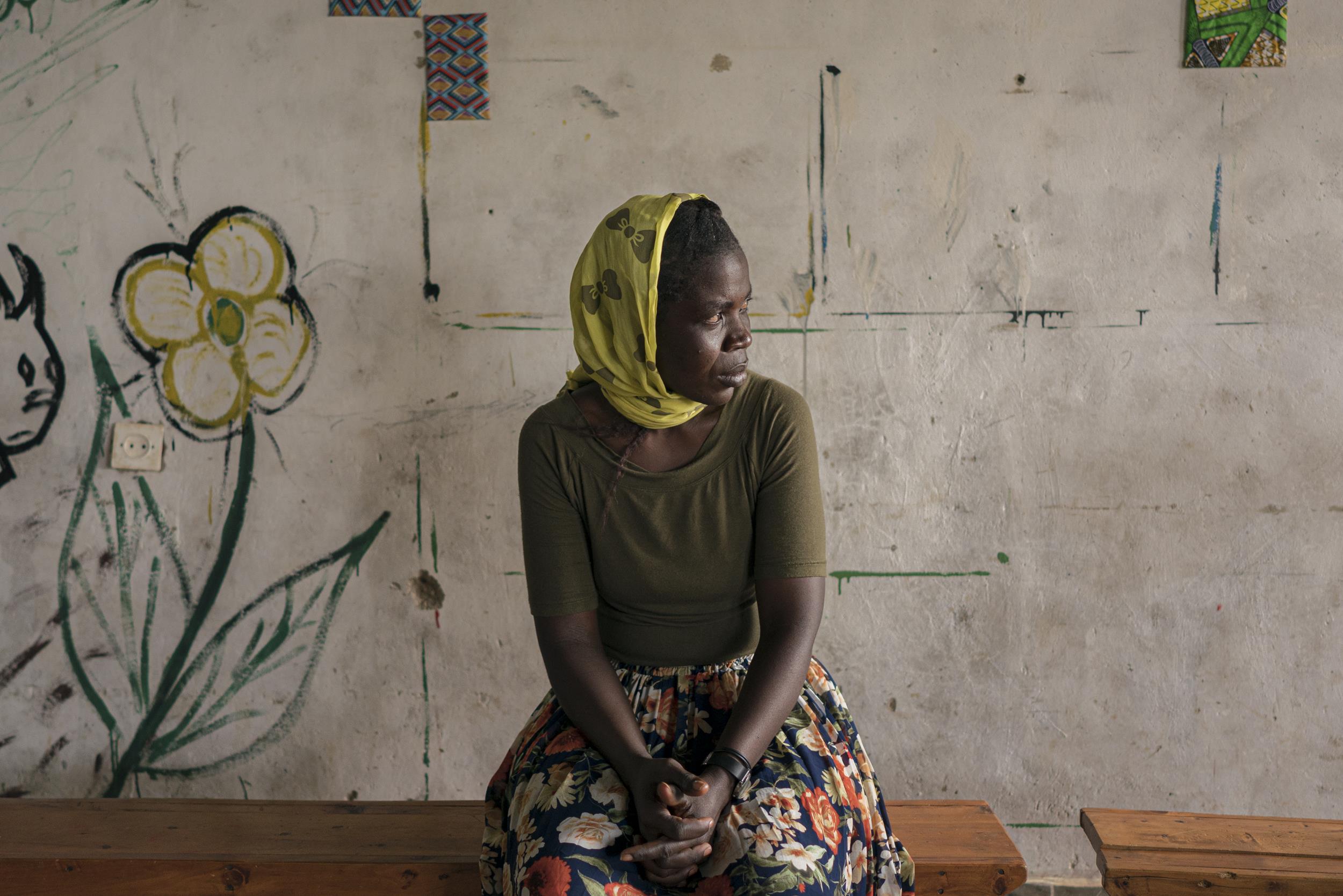
Bertha’s story, facing mental illness with dignity and through care
Bertha lives with her husband, children, and a grandson in the small village of Kajevuba in Rwanda, Nyanza district and suffers from psychosis.
Bertha: “I was abused by my family and neighbors because of my mental illness. I spent nine years wandering the streets when I had a husband and children. When I returned home, my husband beat me and my children were ashamed. Everywhere, I was called “the madwoman.” One day I met Jeanne. She came to visit us several times at home and she advised my husband to take me to the health center. Thanks to Jeanne, I take medicine at the Hanika Health Center and I feel better. My relationship with my husband and children has improved. I am also part of a psychoeducational group where I can get information about my illness and the importance of taking my medication properly. Today, I can take care of my housework and the fieldwork. I feel happy because I have regained my value within my family.”
The family role in tackling mental disorders
A mental illness is a difficult issue not only for the patient, but also for the whole family, as Pascaline, Bertha’s daughter tells: “I was 11 when my mother fell ill. At that time, my brothers and I felt ashamed because at school the other children laughed at us saying that our mother was crazy. All the years that mom lived on the streets I was desperate. Then we met Jeanne. She taught us to stop stigmatizing our mother and to take care of her, making sure she takes her medications correctly and keeps her medical appointments. Now I am part of a savings and credit group for family members of people with mental health problems. With that credit, I run a small vegetable business which allows me to pay the expenses for my mother’s care and helps with my family’s expenses. Today I’ve found my mother and I’m happy!”
Supporting to support: how AVSI trainings helped Jeanne and Francine to help Bertha
Jeanne is a community provider trained by AVSI. Thanks to her help, Bertha’s life improved.
“After being trained by AVSI in the field of mental health, I was able to help people with mental health problems, including Bertha. I went to visit her family as I knew she’d had mental health issues for several years. I also knew that her husband took her to traditional healers instead of treating her at the health center. I advised her husband to have her treated at the health center. It was not easy but he finally agreed. From then on, Bertha began medical treatment at the Hanika Health Center. Following my family visits and the advice I gave to Bertha’s family, she accessed health care. Now she is fine. I am very happy and I feel proud.”
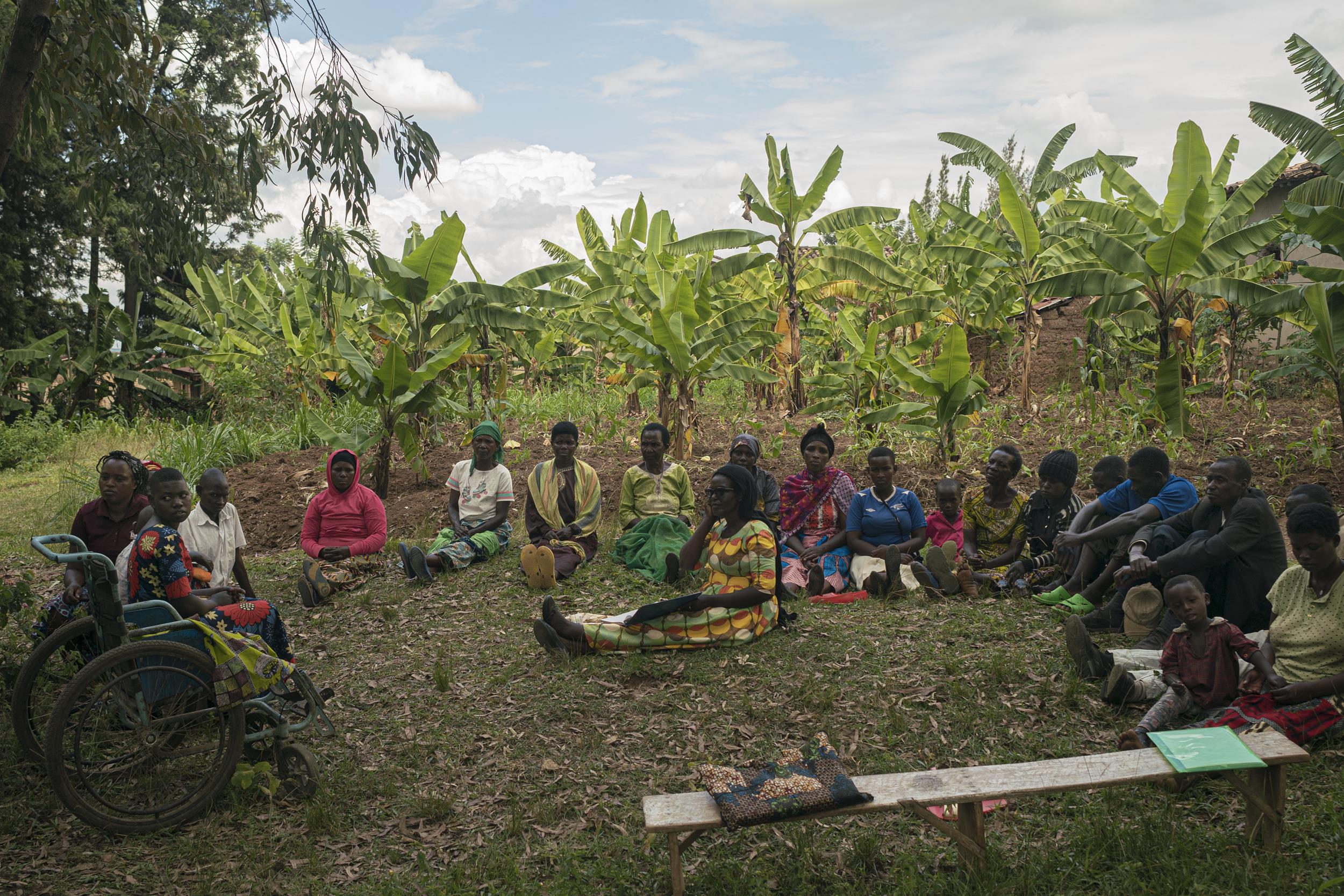
Francine is a care provider at the Hanika Health Center: “I was trained on mhGAP thanks to the CARE project. This helped me a lot because I was able to improve my knowledge of mental health and my skills in caring for people with mental health problems who sought my services. This is the case of Bertha. She is taking her medications well and I see a great improvement in her. This is also due to the close collaboration with Community providers and not health workers in her village.
The CARE project impact
- 1.835 Community providers participated in training on mhGAP via IVR (Interactive voice response)
- 5.537 People received psychosocial support through home visits
- 1.176 People benefited from psychological support
- 359 People who recovered from mental illness found a job
- 12.757 Family and community members involved in mental health awareness activities
“Seeing the improvement in the health conditions of people who come to me with mental health problems makes me feel useful, capable, and proud”.
Francine care provider at the Hanika Health Center in Rwanda

